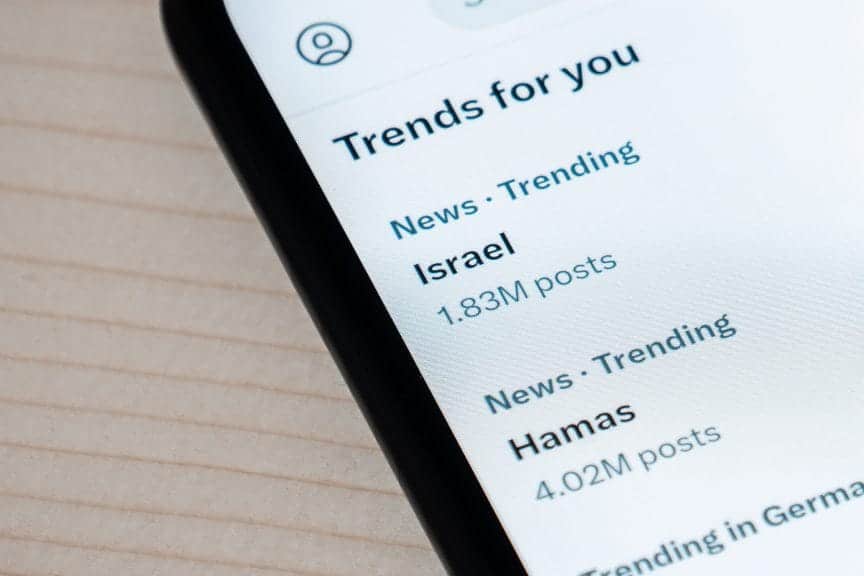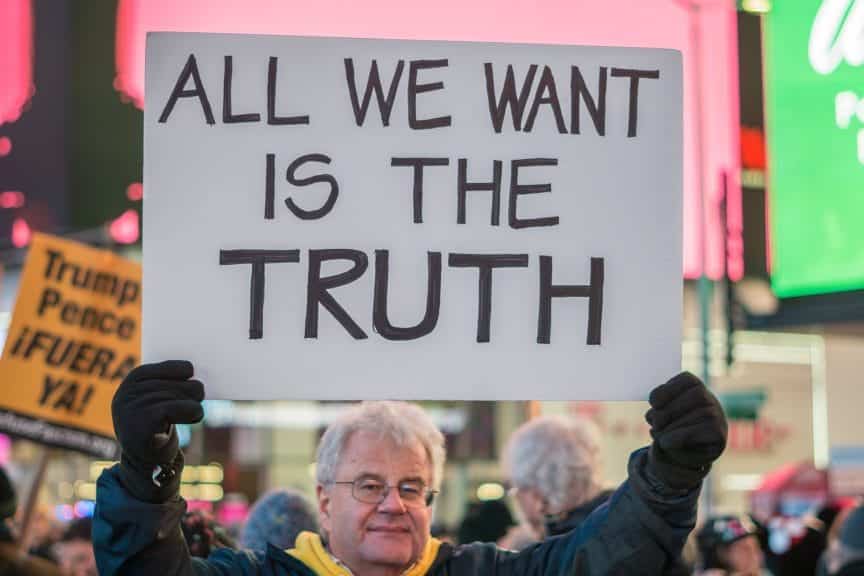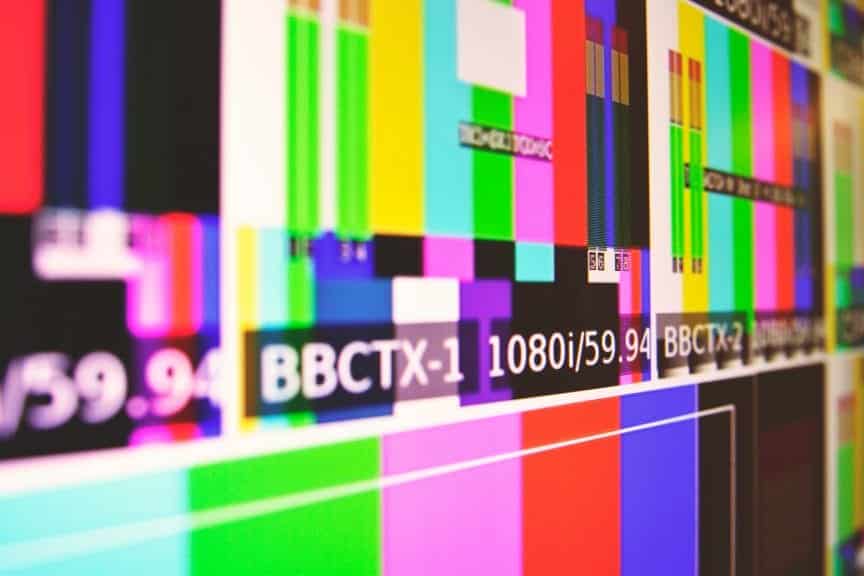Diplomacy has long served as a crucial medium for political negotiation and communication to shape policy stances and public perception and maintain relations between nations. Due to 21st-century advancements, political diplomacy has shifted in the social media era to a reality filled with propaganda, democratic challenges, and ethical dilemmas.
In our democratic landscape, characterized by shifts towards progressive ideals, there are clear imperatives and legislative measures for protecting and managing human rights throughout our real-life engagements. Social media remains one of the few cornerstones where communication and information flow freely without regulation, moderation, and adequate protection for the people.
The consequences of these poor, unclear boundaries have been devastating on social media platforms like ‘X’ (formerly known as Twitter), which have been overrun by misinformation, ‘fake news,’ and a myriad of dilemmas that put pressure on the platform’s resources and management.
The rise of political discourse amongst individuals, organizations, and governmental institutions on X has made the social media platform a unique and powerful tool for turbulent political communication and diplomacy. This underscores concerns about ethical responsibilities and expectations within online spaces, where everyday users can face political exploitation without any consequences.

The state of Israel is one of the many governments that have established a presence on the X platform. However, this approach has sparked concerns regarding utilizing X for political communication, public relations, and potential propaganda to general audiences.
Social media and the state
The influence of X and other social media platforms has come to the forefront in light of the ongoing Israel-Hamas war. The Israeli government’s integration of social media and diplomacy has shaped public opinion both domestically and internationally, especially on X.
The official Israeli account has a substantial follower count and reaches millions, like many other state accounts on the platform. However, its strategic communication during conflict has played a central role in shaping public relations and policy.
The state used its platform to directly name and address its adversaries through tweets and multimedia content, initiating direct attacks in a new form of warfare accessible to the public. On May 16, 2021, the official Israeli state account shifted from addressing general national enemy groups to openly targeting specific individuals in countries with which it was not at war.
A tweet addressing American model Bella Hadid’s support for the opposition was framed within Israel’s interests and published on the official Israeli account, affecting the celebrity for exercising her freedom of expression and individual rights. The Israeli account subsequently posted about other international figures and celebrities expressing opposing views despite their lack of affiliation with the enemy organizations.
The perpetuation of social media diplomacy highlights ethical questions and concerns regarding official state-sanctioned politics running in spaces without limitations, regulations, and protection of individuals’ rights. There are democratic dangers when a government has the power to publicly attack or destroy individual reputations without legal prosecution first.
Social media diplomacy
Due to the current lack of local or international regulations governing the use of social media, particularly in politics and diplomacy, governments must now navigate their own ethical and legal considerations independently, taking into account the national laws and international obligations that they see fit.
This new age allows for the potential weaponization of social media by any state or organization, for or against democracy, and underscores the dangers of all-access engagement that the online medium grants governments, which they can use to target everyday individuals in a predatory new form of diplomatic relations.
Governments can even abuse several democratic principles by using this strategy on X to propagate bias and propaganda during conflict. Additionally, governments may publish messaging that only aligns with their interests.
The Israeli government posted that only a few civilian casualties have occurred, rather than the reported 27,000 Palestinians—mostly women and children—according to the Gazan Health Ministry.

Additionally, the use of intimidation and targeting to attack specific individuals through social media enables governmental institutions to infringe on people’s freedom of expression and individual rights without facing consequences. In accordance with democratic expectations, governments must operate transparently and be accountable for their actions, and official state accounts on social media should also demonstrate responsibility in their communication.
The emergence of social media diplomacy has brought a shift in the way governments engage with the public on digital platforms. As governments navigate this new landscape, it is imperative that they uphold democratic principles, respect human rights, and promote transparency and accountability in their online activities.














